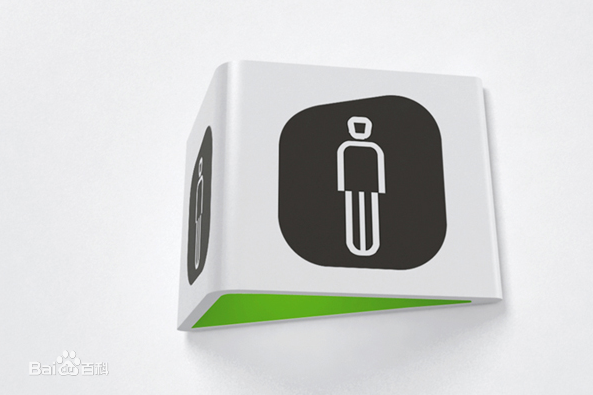Digital system design lectures are mandatory in the electrical and electronics engineering curriculum. Besides HDL simulators and viewers, FPGA boards are necessary for the real implementation of HDL, which were previously costly for students. With the emergence of low-cost FPGA boards, the use of take-home labs is increasing. The COVID-19 pandemic has further accelerated this process. Traditional lab sessions have limitations, prompting the exploration of take-home lab kits to enhance learning flexibility and engagement. This study aims to evaluate the effectiveness of a low-cost take-home lab kit, consisting of a Tang Nano 9K FPGA board and a Saleae Logic Analyzer, in improving students' practical skills and sparking curiosity in digital system design. The research was conducted in the EEE 303 Digital Design lecture. Students used the Tang Nano 9K FPGA and Saleae Logic Analyzer for a term project involving PWM signal generation. Data was collected through a survey assessing the kit's impact on learning and engagement. Positive Acceptance: 75% of students agreed or strongly agreed that the take-home lab kit was beneficial. Preference for Lab Types: 60% of students preferred classical weekly lab hours over take-home labs. Increased Curiosity: 65% of students conducted additional, unassigned experiments, indicating heightened interest and engagement. The take-home lab kit effectively aids in learning practical aspects of digital system design and stimulates curiosity, though some students prefer traditional lab sessions for group work.
翻译:暂无翻译




